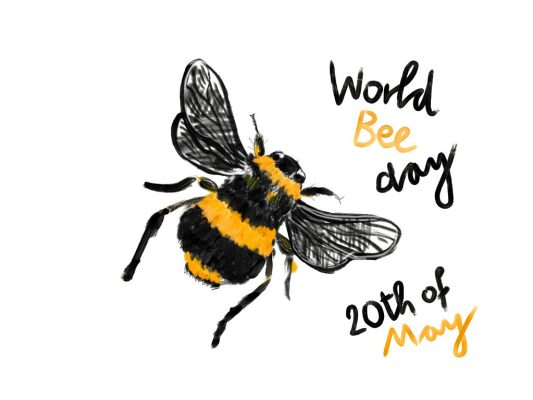On World Bee Day, SocDems spokesperson on Climate and Biodiversity, Jennifer Whitmore TD, calls for a mind-shift on how we think of urban green patches and gardens.
Deputy Whitmore said:
“Our bees are under threat. They and other pollinators are key component of our eco-systems. None of us would survive without them. The increasing reduction in plant diversity for pollinators will cause us huge challenges in the short term unless reversed.
“We all need to shift our mindset, to see the value in weeds and wild flowers. For example, up to 40 species of bees and insects rely on nettles. We need to move away from ‘tidy’ to protect our biodiversity.
“Each of us can play our part. From ‘no mow may’, to people leaving pollinator-friendly patches in our gardens to go wild or to plant pollinator-friendly plants, to allowing urban areas to be as wild as possible, there is lots of good work going on across the country which needs to be supported and enhanced.
“In urban areas, local councils and An Bord Pleanála should prioritise the planting of trees and flowers in existing and new developments, and on streets. It is healthier for people, mentally and physically, and wildlife alike to have as much planting and green space as possible in urban and suburban areas
A terrific example of community engagement is the new ‘Bee Route’ in Greystones, launched today as a partnership between SocDems Wicklow Cllr Jodie Neary and the Greystones Tidy Towns.
Cllr Neary said:
“Myself and Greystones Tidy Towns have collaborated to develop a great initiative in the town. All residents who join the project will be provided with seedlings and an information leaflet, and a flowerpot for those who don’t have a garden, to create a Bee-Route across Greystones.
“World Bee Day offers us an opportunity to support local communities to work together to address the decline in pollinator numbers, especially in a time of Covid19. The Greystones Bee Route will involve the community and we’ll be tracking the progress online, including plotting people’s progress on a map, across the summer so that we can see the impact local level initiatives can have. With combined efforts, we can reverse the decline in bees and other pollinators, to the benefit of everyone.”
[ENDS]
20th May 2020

